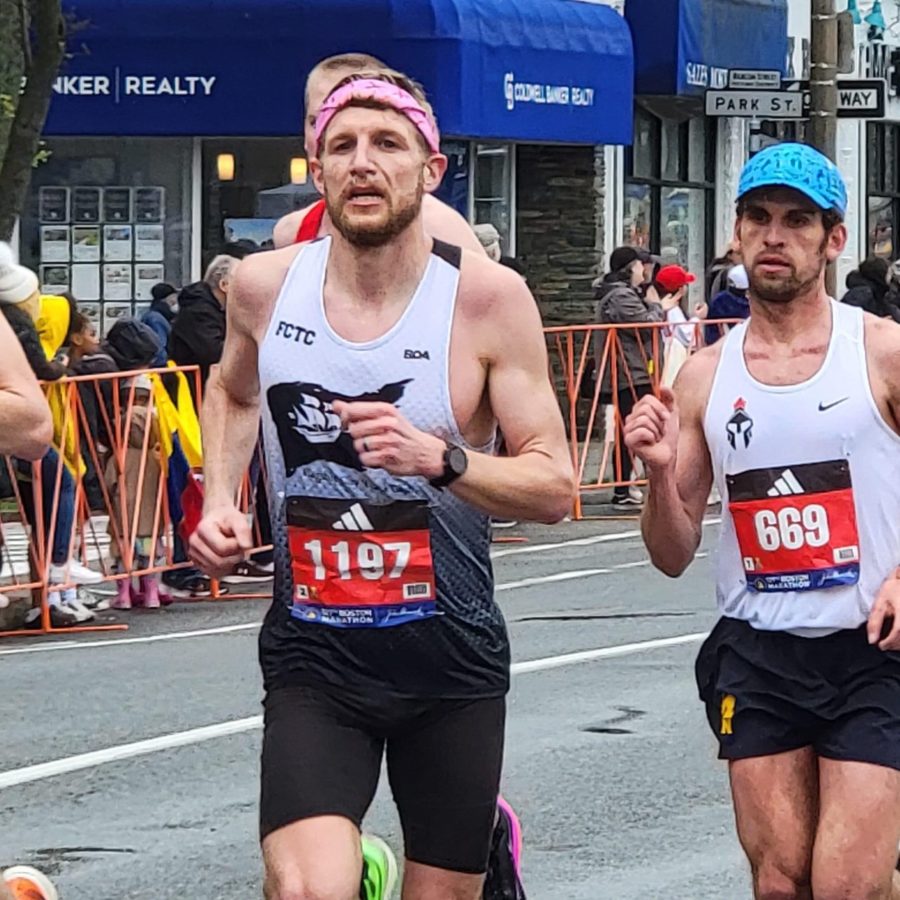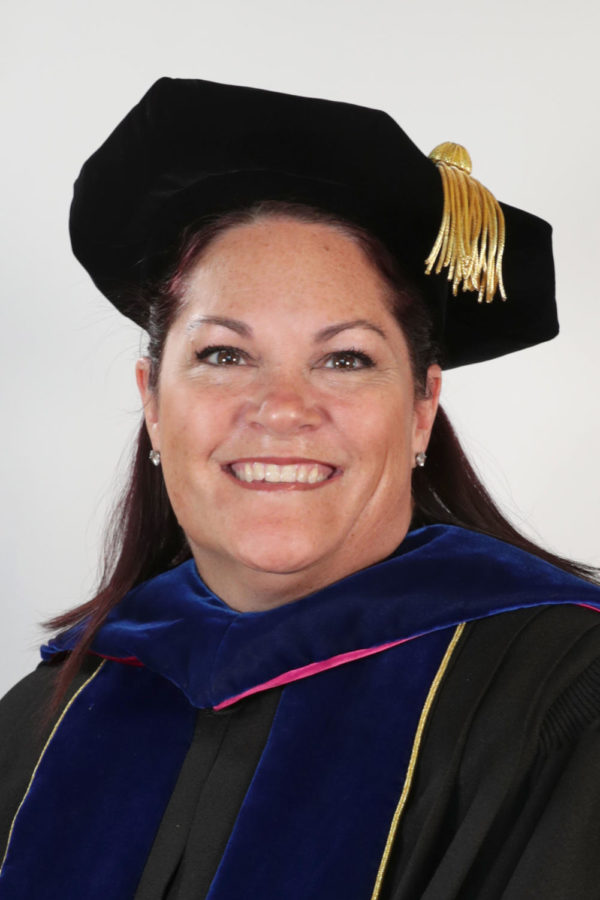Associate Professor of Intelligence Studies Kristan Wheaton is one professor who wants his students to play video games, unlike others who think it’s a waste of time.
This summer, Wheaton attended the “Games for Change” conference at New York University. This conference was to promote the use of video games in the classroom.
Wheaton says the conference was about, “serious games that tend to have a serious purpose behind them.”
There are many different types of games that can be used in an educational setting.
One example he gives of a serious but educational game is “Free Rice.” This is an online game that asks simple questions, like, “What is cloth? A) a fabric B) a metal C) an animal or D) a mineral?” Every correct answer donates 10 grains of rice to the hungry.
Wheaton says that these types of games are created to make a “positive change in the world.”
Other games of this type include ones for charity, obesity, smoking and education.
Games, such as icebreakers and crossword puzzles, have been used in the classroom for decades. They help students learn material in a different manner.
Wheaton believes that these games “bring something new” to the classroom and are an “incredible power to this new generation.”
Wheaton is a strong believer in the advantages a video game has to offer. According to him, every video game has something to learn from. In his classes, he encourages his students to “connect and see the deep pattern in the game and apply it to facts.”
He says that every video game has “underlying patterns.” These patterns are the parts of games that a person can learn from and may teach a person positive or negative qualities.
According to Wheaton, both kinds of video games are out there. He believes whether using good games or bad games, a person can learn from all of them.
Wheaton decided to attend this conference to “connect with a broader variety of people with that interest.”
Wheaton talked to many people and compared teaching philosophies. He wanted to know what other people in the country are doing with video games in their classrooms. He found that many people are using them in a similar way, and some are using them for different purposes.
When asked what he would like Mercyhurst students to learn and understand from video games he responded with the following: “Play the games primarily for enjoyment, but question what you’re getting out of it.”




